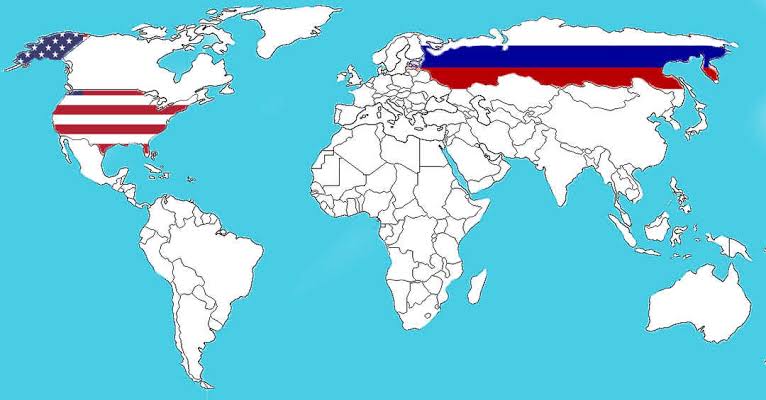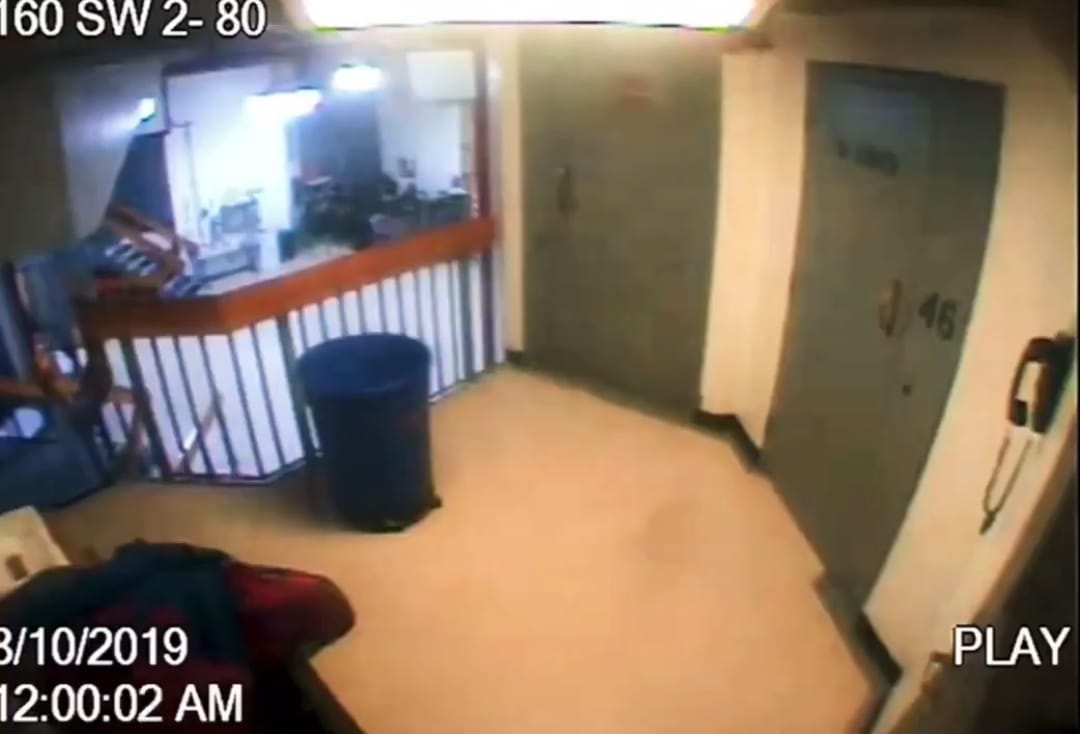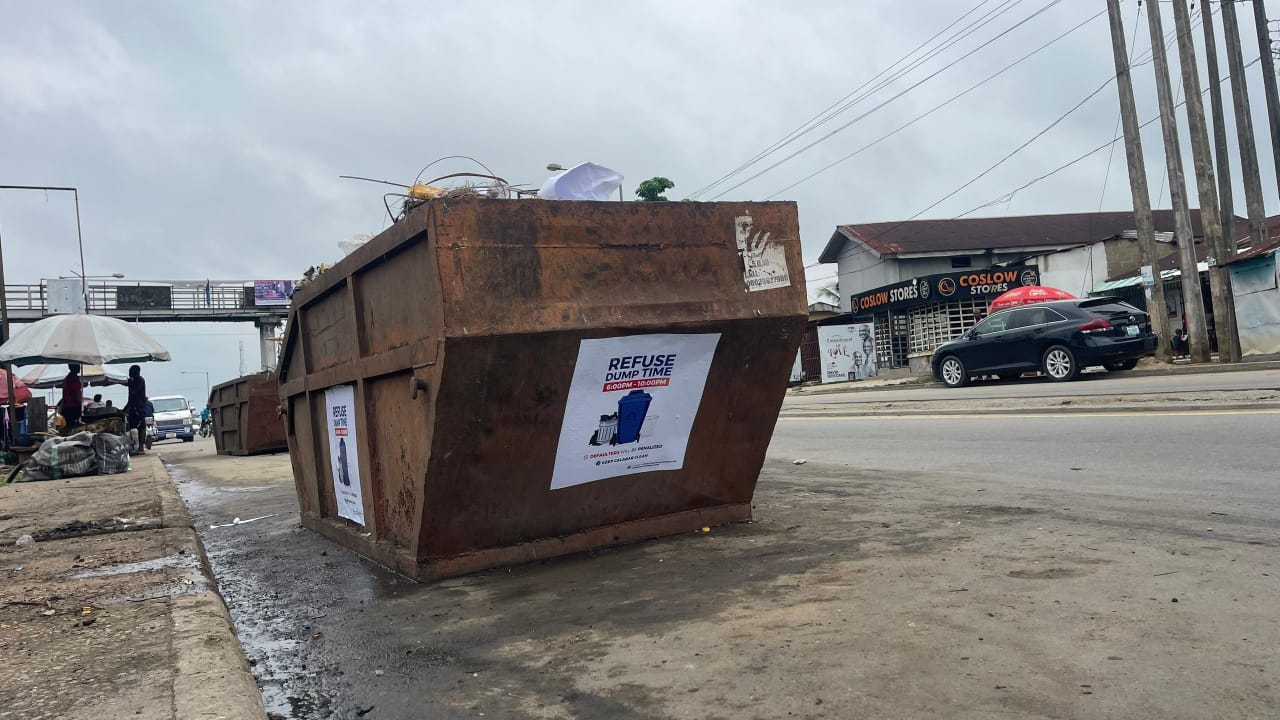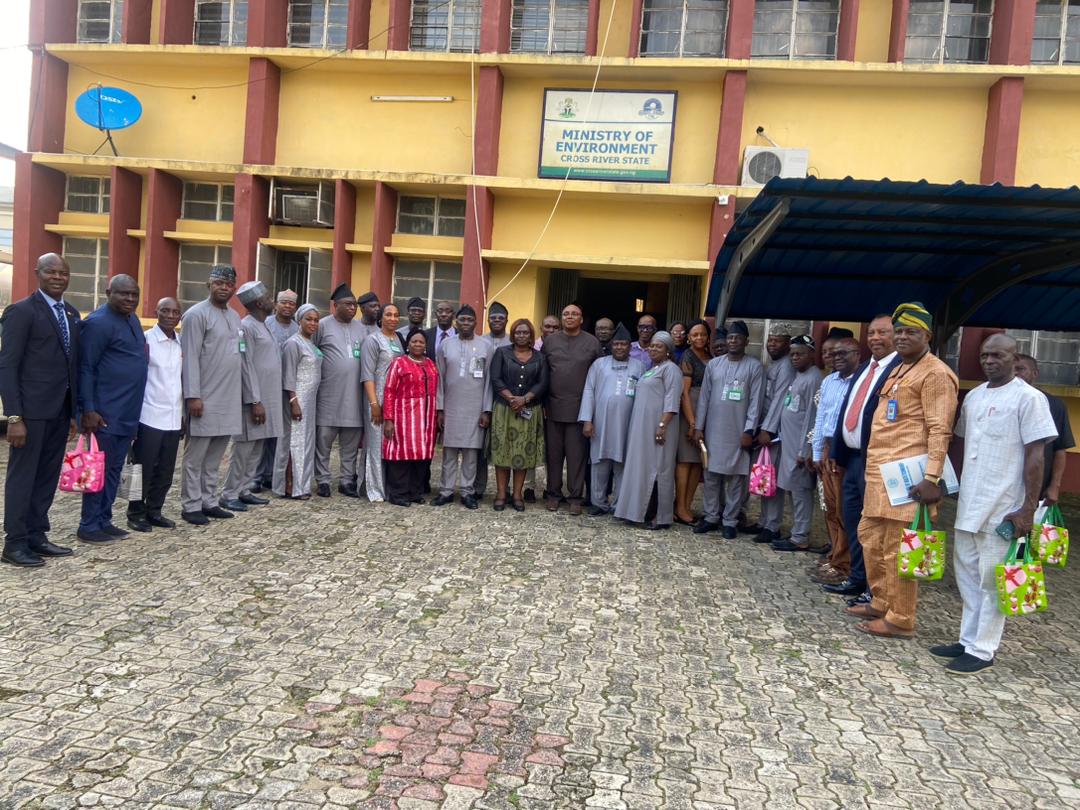Photograph by Nathaniel St. Clair
We live in perilous times. The mobilizing passions of fascism are no longer a distant echo of history—they are here, surging through the United States like an electric current. We are in a period of social, ideological, and racial cleansing.
First, the notion of government as a democratizing public good and institution of social responsibility—that once held power to account, protected the vulnerable, and nurtured the ideals of justice and collective responsibility—is being methodically destroyed. The common good, once seen as the essence of democratic life, has become the enemy of the neoliberal fascist state. It is not merely being neglected—it is being assaulted, stripped bare, and left to rot in the shadows of privatization, greed, and brutality—the main features of gangster capitalism. Public institutions are hollowed out, courts are under siege, regulatory bodies are politicized and disempowered, and the mechanisms of governance now serve only the most ruthless forms of concentrated financial and political power.
Second, we are witnessing a form of ideological cleansing—a scorched-earth assault on critical consciousness. Education, both public and higher, is under siege, stripped of its democratic mission to cultivate informed judgment, critical thinking, and the capacity to make corrupt power visible. What once served as a space for reflection, dissent, and civic engagement is being transformed into a battlefield of ideological control, where questioning authority is replaced by obedience, and pedagogy is reduced to training, conformity, and propaganda. Education is explicitly no longer on the side of empowerment for the many. It has become an ideological tool of massive repression, indoctrination, surveillance, and an adjunct of the billionaire elite and the walking dead with blood in their mouths.
Books that illuminate injustice, affirm histories of resistance, and introduce critical ideas are being banned. Entire fields of knowledge—gender studies, critical race theory, decolonial thought—are outlawed. Professors are fired, blacklisted, or harassed for daring to speak the truth, especially those who denounce the genocidal violence being waged by Israel, which has now taken the lives of over 50,000 Palestinians, many of them children. Journalists are doxxed, detained, or demonized.
Cultural institutions are defunded or coerced into silence. The arts are no longer sacred; they are now suspect. Social media platforms and news outlets are intimidated, policed, and purged. Elite law firms are targeted, intimidated, silenced or forced into complicity by the Trump administration. Scott Cummings rightly argues President Donald Trump’s recent speech to the Department of Justice was meant as a declaration of war against lawyers. Some prestigious law firms and attorneys—once alleged guardians of justice—now grovel before authoritarianism in acts of staggering complicity. The public sphere is shrinking under the weight of repression.
Third—and perhaps most alarming—is the escalating campaign of racial cleansing—a war against the most vulnerable, on bodies, on the flesh, and on visceral forms of agency. This is not hyperbole. Immigrants are caged in squalid detention centers, separated from their families, deported without due process to detention centers in Louisiana or to Guantanamo, or simply disappeared. Muslims are vilified, surveilled, and targeted with impunity. Black and brown communities are over-policed and under-protected, sacrificed to the machinery of carceral violence. State terrorism is normalized. The state is actively criminalizing existence itself for all those who do not fit the white Christian nationalist fantasy of purity, obedience, and subjugation.
This is a war not only against people, but against memory, imagination, and the very capacity to think, make connections, and to dream a different future. The unimaginable has become policy. The unthinkable now passes for normal.
Consider just a glimpse of the horror now unfolding:
Venezuelan migrants are being disappeared into a notorious maximum-security torture dungeon in El Salvador run by Nayib Bukele, a ruthless dictator, punished not for crimes, but for the ink on their skin. A legendary British punk band, the UK Subs, denied entry for voicing dissent against Trump’s authoritarian policies. A French scientist barred at the border for criticizing Trump, who with sneering smile, tears up the Constitution with performative contempt. Trump violates court orders with impunity. Student visas are revoked in the dead of night. Their dorm rooms raided, their wrists bound in handcuffs, they are forced into unmarked cars by agents of a system that is both cruel and clandestine. Young people—Mahmoud Khalil, Rumeysa Ozturk, Ranjani Srinivasan, Yunseo Chung—are disappeared, imprisoned in Louisiana, and await deportation under a regime of malignant legalities. cloaked in legalese. These are not arrests—they are abductions. Not justice—but the slow machinery of fear made flesh. Dissent is now branded as terrorism, and those who challenge Trump’s authoritarian grip vanish into the void—arrested, erased, rendered disposable.
Trump’s totalitarian machine is waging a relentless war on colleges and universities. As Chris Hedges observes, the administration has threatened to strip federal funding from more than 60 elite higher education institutions under the guise of protecting Jewish students—while already pulling $500 million from Columbia University, an action that has nothing to do with combating antisemitism. The charge is a smokescreen, a cynical pretext to silence protest and crush dissent—especially in support of Palestinian freedom. As Rashid Khalidi observes, “It was never about eliminating antisemitism. It was always about silencing Palestine. That is what the gagging of protesting students, and now the gagging of faculty, was always meant to lead to.”
Elite universities once proud of their intellectual autonomy are being transformed into fortified zones of surveillance and submission. Columbia among the most glaring, where the campus now resembles a police precinct more than a place of progressive ideas and democratic values. Only now, as the darkness thickens, are a handful of journalists and liberal commentators awakening to the authoritarian siege on higher education—a siege some of us have been naming for decades.
Americans are not witnessing a slow drift toward authoritarianism. They are living through the violent, coordinated seizure of democratic life by fascist forces emboldened by indifference, cruelty, and the architecture of unaccountable power.
Under such circumstances, it is crucial for people to pay attention to the political crisis that is unfolding. This means being attentive, learning from history, analyzing the mobilizing passions of fascism as a system—one directly related to the forces of gangster capitalism and the force of white supremacy and white Christian nationalism. Language matters, and those willing to fight against the fascist tide must rethink the meaning of education, resistance, bearing witness, and solidarity. And action is imperative: build alliances, flood the streets, defend critical education, amplify resistance, and refuse to be silent.
In the face of this rising tide, resistance must no longer be fragmented, polite, or confined to isolated corners of dissent. As Sherilyn Ifill notes, “it is not enough to fight. You have to meet the moment.” Cultural critics, educators, artists, journalists, social workers, and others must wield their craft like weapons—telling prohibited stories, defying censorship, reigniting the radical imagination. Educators must refuse complicity, defending classrooms as sanctuaries of truth and critical inquiry, even when the risks are great. Students must organize, disrupt, and reclaim their campuses—not as consumers of credentialing, but as insurgents of liberation.
Academics, including faculty and administrators, must form a common front to stop the insidious assault on higher education. Journalists must break the silence, not by chasing access or neutrality, but by naming injustice with moral clarity. Organizers, activists, and everyday people must converge—across race, class, gender, and nation—into a broad front of democratic refusal. This is a moment not just for outrage, but for audacity—for reclaiming hope as a political act, and courage as a shared ethic. Fascism feeds on fear and isolation. As Robin D. G. Kelley brilliantly argues, it must be met with solidarity, imagination, and relentless struggle, based on a revived class politics. In a culture of immediacy, cruelty, and staggering inequality, power must be named for its actions, and the language of critique and hope must give way to mass collective action. History is not watching—it is demanding. The only question is whether anti-fascist forces will rise to meet it.
This darkness is not without precedent, nor is it without models of resistance. During the rise of fascism in Europe, teachers and intellectuals in Nazi-occupied France joined the underground, distributing banned literature and teaching forbidden truths in secret classrooms. In apartheid South Africa, students in Soweto sparked a nationwide uprising, defying bullets with the cry that liberation begins with education. In the American South, Black freedom fighters risked their lives to build freedom schools, challenge police terror, and reimagine democracy in the face of white supremacy. The Zapatistas in Chiapas created autonomous zones rooted in dignity, justice, and Indigenous knowledge. Palestinian writers, youth, freedom fighters, and teachers continue to create under siege powerful examples of resistance, insisting through every poem, every painting, every lesson, that their people will not be erased, their memories will survive, and settler-colonialism will not only be relentlessly resisted but will be defeated. There is no other choice.
Today, movements like Black Lives Matter, Abolitionist Futures, Extinction Rebellion, Sunrise Movement, March for Our Lives and Indigenous Rights Movements are keeping alive the traditions of collective struggle. Courageous campus coalitions, in spite of the shameful crackdowns by the government and in some cases universities themselves, are resisting militarized policing and corporate capture of higher education. Migrant justice organizations are building sanctuary networks to protect those the state seeks to expel. These are not just moments of protest—they are blueprints for democratic rebirth. The task now is to connect these diverse movements in a mass movement with the power to wage strikes, engage in direct action, teach-ins, and use any viable non-violent form of resistance to overcome the fascist nightmare spreading across the globe.
The stakes could not be higher. This is a time to reimagine justice, to reclaim the promise of a radical democracy yet to be realized. Fascism feeds on despair, cynicism, and silence—but history teaches otherwise. Again and again, it is when ordinary people refuse to be silent, when they teach, create, march, strike, and speak with fierce clarity, that the foundations of tyranny begin to crack. Fascism has returned from the shadows of history to once more dismantle justice, equality, and freedom. But its resurgence must not be mistaken for fate. It is not the final script of a defeated democratic future—it is a warning. And with that warning comes a call to breathe life into a vision of democracy rooted in solidarity and imagination, to turn resistance into a hammer that shatters the machinery of cruelty, the policies of disposability, and the totalitarian and oligarchic opportunists who feed on fear. As we stand before the terrifying rise of authoritarianism, it becomes undeniable: the fire we face is not some distant, abstract peril, but a fierce and immediate struggle — the fire this time is the fascist capture of America. This is the moment to make education central to politics, to shape history with intention, to summon a collective courage rooted in the demands of freedom, equality, and justice—to act together with a militant hope that does not yield. Fascism will not prevail—unless we let it. In times like these, resistance is not a choice; it is the condition of survival.
© Counter Punch









